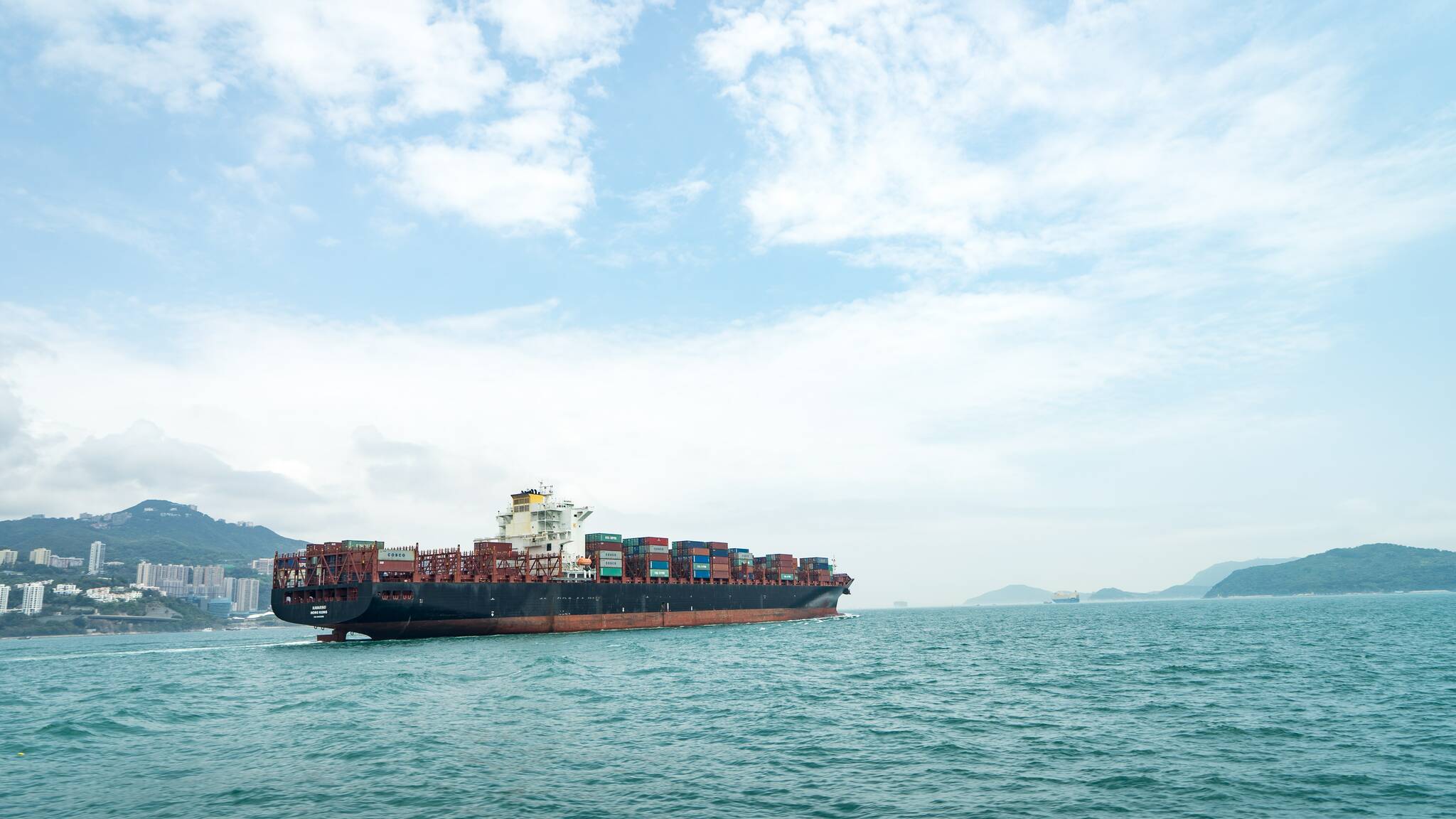Submitted by the Department of Ecology State of Washington.
Washington is a major hub for oil transport and refining. Every year, over 18 billion gallons of oil comes through the state, making an oil spill an ever-present concern. Washington State requires facilities that handle oil and vessels that deliver oil to have measures in place to prevent spills.
In 2019, the Legislature passed ESHB 1578, directing Ecology to expand reporting requirements for vessels and facilities to notify the state before they transfer oil on or over state waters, known as advance notice of oil transfer. Knowing the details of an oil transfer ahead of time helps Ecology and other agencies better prepare for and respond when a spill occurs.
Since these rules have not been updated since 2007, Ecology is proposing additional amendments that address gaps in spill prevention measures of oil transfers. These other amendments will expand and establish oil handling standards at facilities, providing the necessary safeguards to protect the waters of the state.
The proposed rule amendments will:
Establish seismic protection requirements for transfer pipelines and storage tanks, providing safeguards to help prevent spills during seismic events.
Clarify and expand requirements in Oil Transfer Response Plans and expand drill requirements for mobile facilities, such as tanker trucks. This will provide an additional layer of oil spill preparedness throughout the state by requiring companies to routinely exercise their response equipment and notification procedures to ensure readiness when a spill occurs.
Establish out-of-service and decommissioning requirements for some facilities, providing oil spill prevention measures during the entirety of a facility’s life cycle.
Clarify pre-booming requirements for oil transfer operations, ensuring containment measures are in place, effective communication is being practiced, and recovery equipment is readily available in case of an incident.
The full scope of proposed rule amendments, including which types of facilities and vessels are affected, can be found on Ecology’s website.
Ecology is hosting three public hearings by webinar:
Feb. 8 at 1 p.m.
Join online from your computer, tablet, or smartphone:
https://waecy-wa-gov.zoom.us/j/87198002821
Join by phone: 253-215-8782
Meeting ID: 871 9800 2821
Feb. 14 at 9 a.m.
Join online from your computer, tablet, or smartphone:
https://waecy-wa-gov.zoom.us/j/87113425365
Join by phone: 253-215-8782
Meeting ID: 871 1342 5365
Feb. 16 at 5 p.m.
Join online from your computer, tablet, or smartphone:
https://waecy-wa-gov.zoom.us/j/82099932616
Join by phone: 253-205-0468
Meeting ID: 820 9993 2616
Those unable to attend the hearings can submit comments online or by mail to Brittany Flittner, Department of Ecology, Spill Prevention, Preparedness, and Response Program, P.O. Box 47600, Olympia, WA 98504-7600.
Comments on these changes will be accepted through March 5.



